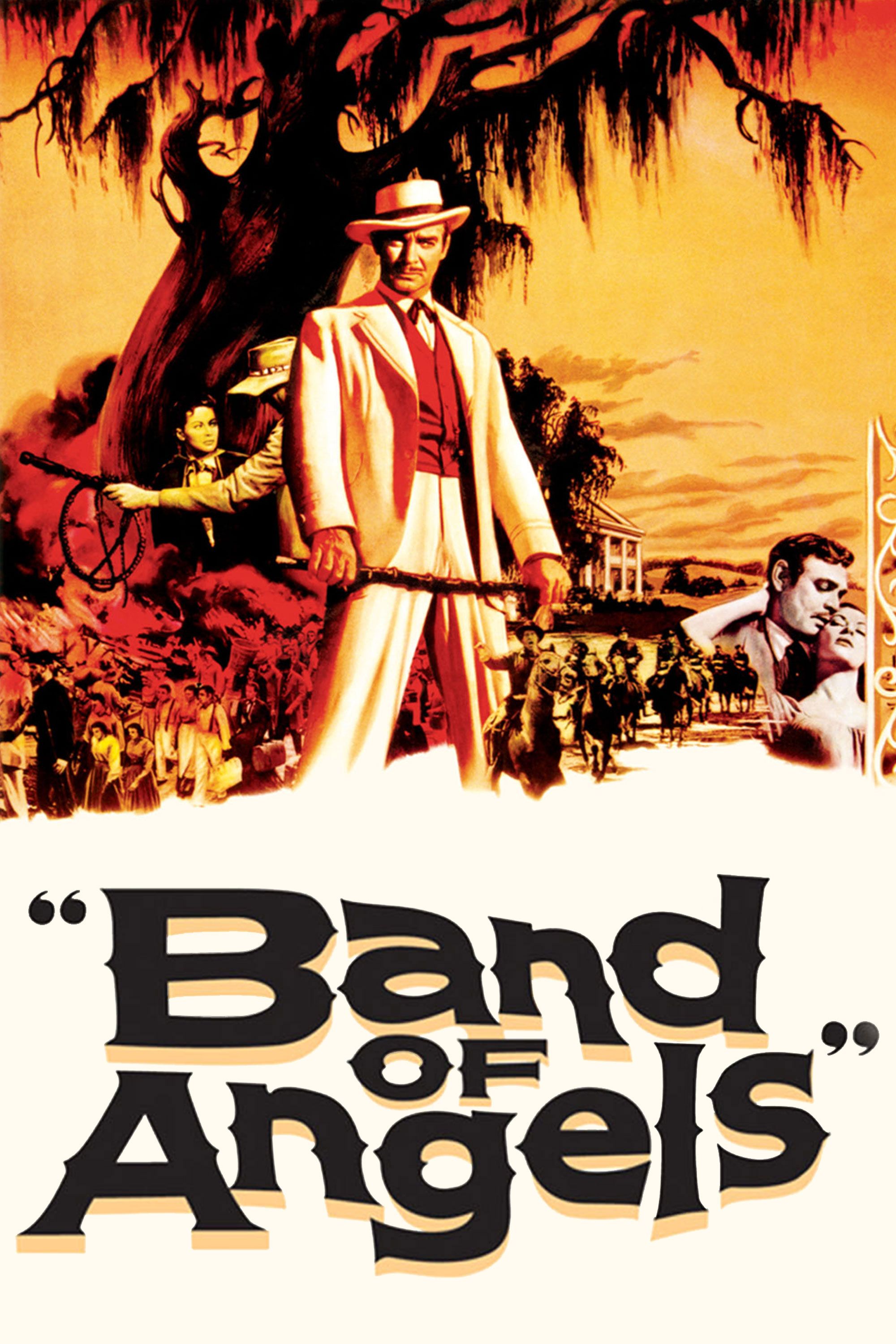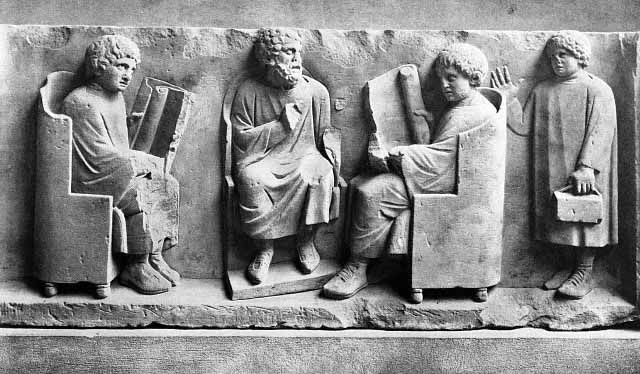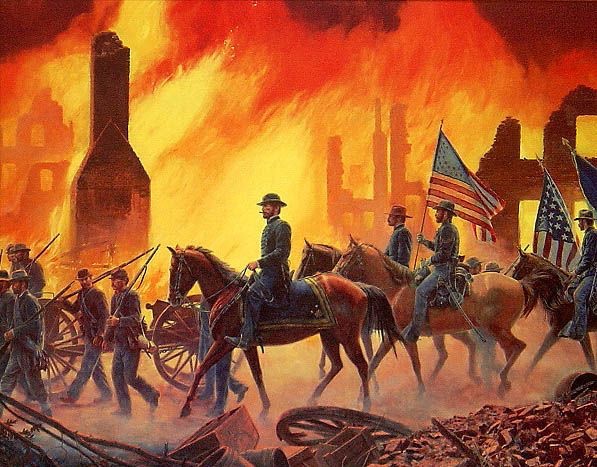The Bible has been applied differently over time to the concept of slavery. Both sides have used religion as a weapon for themselves. The main religions argument for slavery was the lack of dissapporval for slavery in the Bible. The main religions argument against slavery was the Bibles kindness to slaves. The arguments very clearly contradict and each interpret scripture in their own manner. Both Abolitionist and Slavery owner had extreme religous ties. The two contradicting arguments present a different historical perspective of the Bible and its teaching applied.
Argument for Slavery
The Bible never out right disapproves of slavery therefore God has allowed it. The Bible goes as far as to say that slaves should obey their master because God has put them over the slave in Ephesians 6:5-8. Since Bible brings the concept of slavery and never confronts it as a sin must mean it is allowed in Christianity. Since God allowed Abraham to practice slavery in the Old Testament (Genesis 16:1) then should American not be allowed to. Abraham was God’s chosen man to give birth to his holy nation. Later Jesus came along and upheld the Old Testament. He never spoke negatively about slavery. One story commonly used to justify this point was the Story of Jesus and Centurion. Jesus was called on to heal the Centurion's servant who presumably was a slave (Matthew 8:5-7). The Roman Centurion was a conquer of Israel so most likely that servant was slave from a conquered people. Jesus therefore upheld slavery as a moral upright institution.
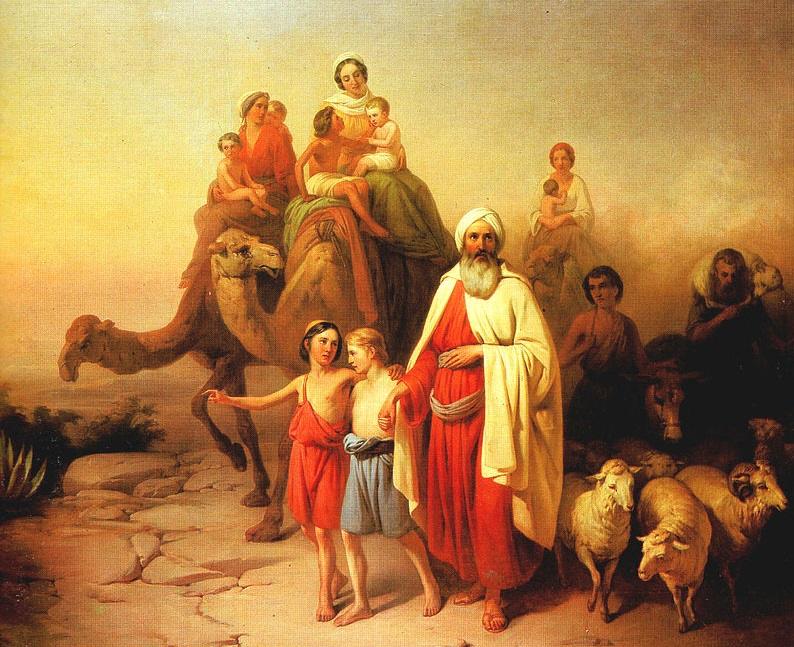
Slavery has been justified according to the Bible in both the New and Old Testament fairly directly. The two ways that slave owners approached the issue was either as a chance for ministry or opportunity to maintain control. The first would use the Great Commission as justification. It tells Christians to make “disciples of all nations'' (Matthew 28:18-20). A fear based conversion was a conversion in those days. In that way many slave owner could herald them selves as the savior of black people. They saw the slaves as people but also as trophies of their faith because they all went to church on Sunday. On the other hand you had slave master who would rule over their slaves using the Bible as justification. They would remind the slave that God told them to be loyal and serve their master like a God (Colossians 3:22-24). It was a method of control using religion as a justification. The perspective saw slave very clearly as less than human and as a controllable population. Slaves would be seen same as land like a gift from God to these masters. Ultimately the Bible does not codem it therefore those who were proslaver took two approaches to slaves either it was a chance to minister or a power given to them by God.
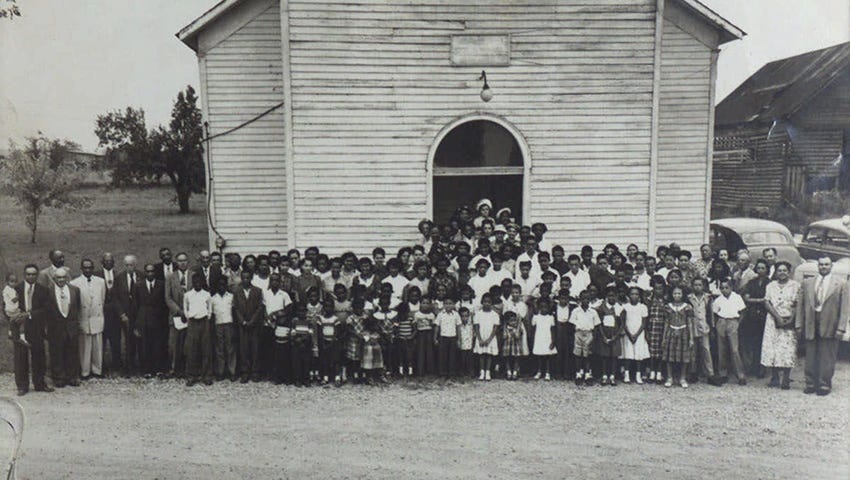
Arguements Against Slavery:
Historically, Abrahamic religions have always had a deep connection with freedom from slavery. The famous Biblical stories of Moses leading God’s chosen people out of Egypt to escape slavery under the Pharaos immediately spring to mind when thinking about the concept. It can be said that freedom from forced servitude is a key building block in the Christian faith, held even into the first days of the American colonies by protestant settlers.
There are even numerous passages in the Bible condemning slavery, and outlining how followers of the Christian faith should treat escaped slaves with respect and dignity. Deuteronomy 23:16-17 (NIV) states: “Let them live among you wherever they like and in whatever town they choose. Do not oppress them,” and “No Israelite man or woman is to become a shrine prostitute.” To give these liberties to slaves who have escaped their servitude very clearly indicates the view towards slaves in the Torah and the Old Testament of the Bible.

The ideals of all being free from the servitude of man under god are deeply ingrained into Protestant thought. Venerated Christian scholar St. Augustine viewed slavery as being a practice in direct defiance of God’s will (Augustine). John Wesley, founder of the Methodist church saw slavery as, “The execral sum of all villainies,” (Wesley). Despite the many aspersions of slavery cast by Christian scholars, the idea of the teachings of the bible being anti-slavery received large amounts of pushback in the United States. Charles Spurgeon, an English preacher, had some of his printed sermons burned by American citizens. His sermons were renowned for their spurning of slavery (Spurgeon).
Another point held towards the immorality of slavery in America was its cruelty in comparison to other nations with slave economies. The point was brought about by Thomas Jefferson that even the slaves of Rome were often held high in esteem, some notably being appointed to roles such as the tutor of the master’s children (Walker). The Roman treatment of slaves was a high standard in comparison to the diminutive, demeaning roles and reputation of slaves in the American south, where it was a novel rarity to have a slave who was even literate, much less formally educated.
The foundation of Christian-backed anti-slavery thought seems to be built on a few very integral principles: that man’s ownership of man is a creation of man’s will instead of God’s, that the treatment of slaves should be fair and just, and that they should be given the right to a life free of servitude.
Conclusion
Ultimately, religion has been used throughout all of human history to justify innumerable practices that now seem barbaric to modern observers. Christianity in the antebellum United States ended up being the nexus point for a wide range of political, economic, and personal standings to be filtered through. Both sides of the argument over slavery found steady ground in the text of the Bible from which to argue their side, and both sides found their positions righteous enough to fight and die over.
Citations:
Ephsian 6:5-8
Colossians 3:22-24
Matthew 8:5-7
Titus 2:9-10
Genesis 16:1
Matthew 28:18-20
Obedient to God
JSTOR
Christian History Institute
JSTOR
Deuteronomy
PBS
Spurgeon
